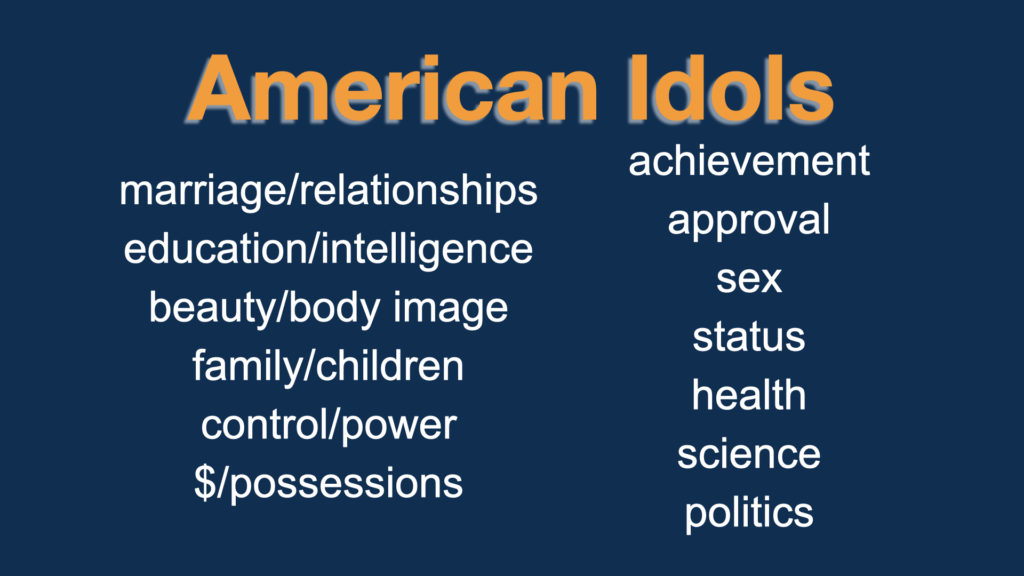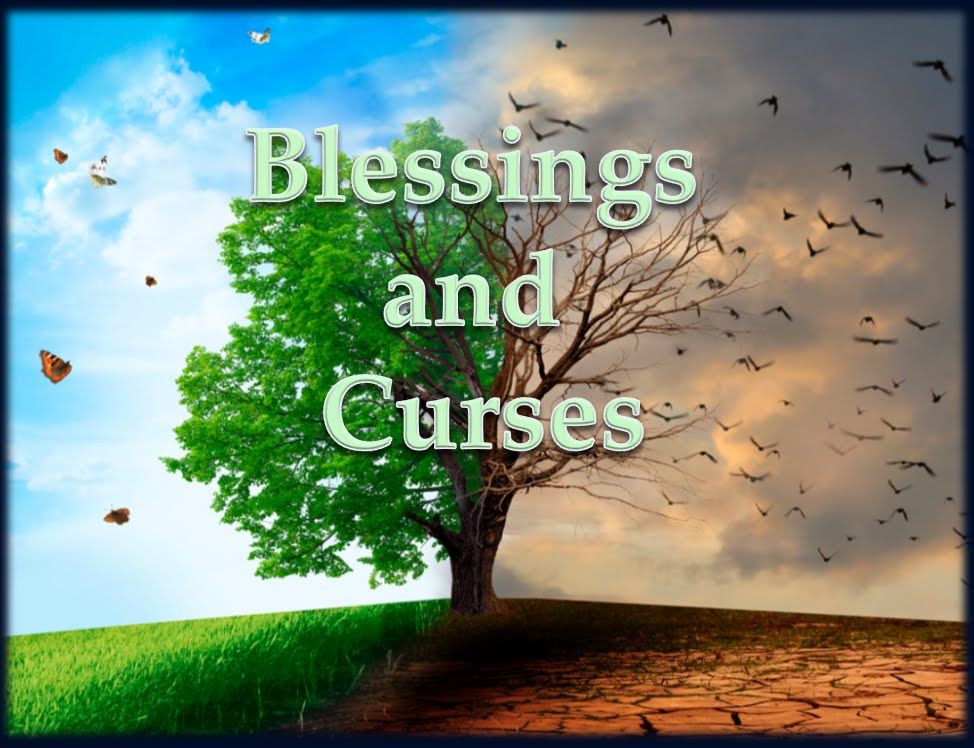
Last week I posted my final reading of the book of Numbers and today I wanted to review why I am such a fan of preaching through books of the Bible in church.
When I am asked in class why I preach through books of the Bible in church, my first answer is:
“Because preaching through books of the Bible helps our listeners see the meaning of every preaching portion within the broader context of the book.”
But let me back up for a moment and answer the question from my experience of 30 years of preaching through books of the Bible. If I counted correctly, so far the Lord has graciously allowed me to preach through 16 complete books of the Old Testament and 17 complete books of the New Testament.
[I am praying hard that Jesus will return before I have to preach either Ezekiel or Job!]
Why preach through books of the Bible?
First, the practice of preaching through books of the Bible like the book of Numbers, for instance on display in recent posts, has increased my faith in the relevance of Scripture. I can’t tell you the number of weeks when I know what section awaits me and think: “I have no idea what I am going to do to that text so it will preach.”
Second, the practice of preaching through books of the Bible has forced me to become a better student of the Scriptures. Similar to the reaction above, some sections of some books, especially OT ones, are extremely difficult to preach. That’s because they are difficult to interpret so they function for the church. Preaching through books of the Bible in both Testaments Sunday after Sunday has made me better at doing theological interpretation like no other exercise can.
Third, the practice of preaching through books of the Bible gives me the awesome privilege of being a reading guide for our faith-family. Let me connect this to my first answer above.
One huge problem I see in topical preaching is that it teaches parishioners to read their Bible wrongly. They learn to read the Bible as if it contains isolated, contextless, fragments of meaning that are designed to be applied to life that way.
In addition to that, what an honor to attempt to help them understand what God is saying in some sections of Scripture that they would never stop and consider on their own [you know, those sections that we all speed-read to get through our daily Bible reading?].
May our Lord receive glory in the church and in Christ Jesus (Ephesians 3:21) as you guide the Bible reading of your own faith-families.
Randal







